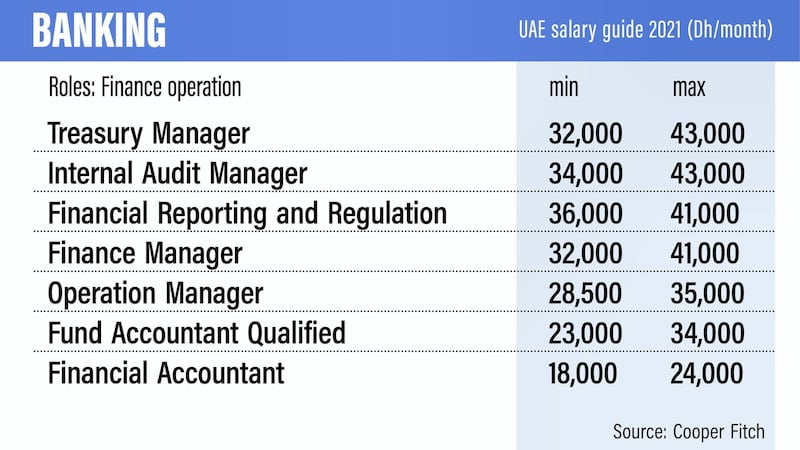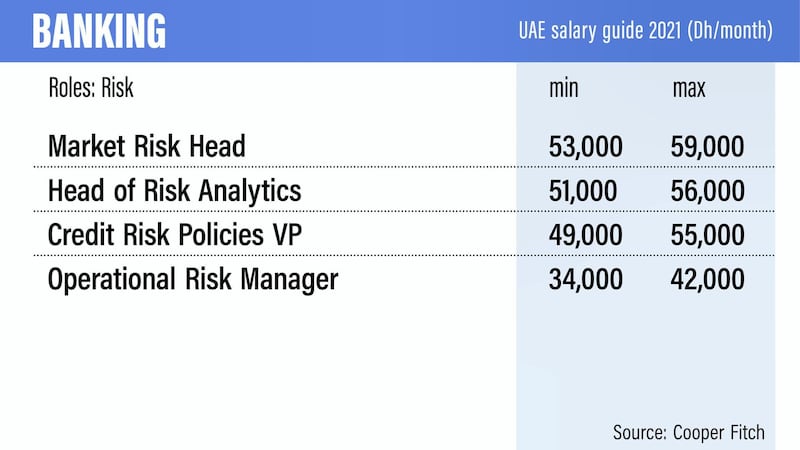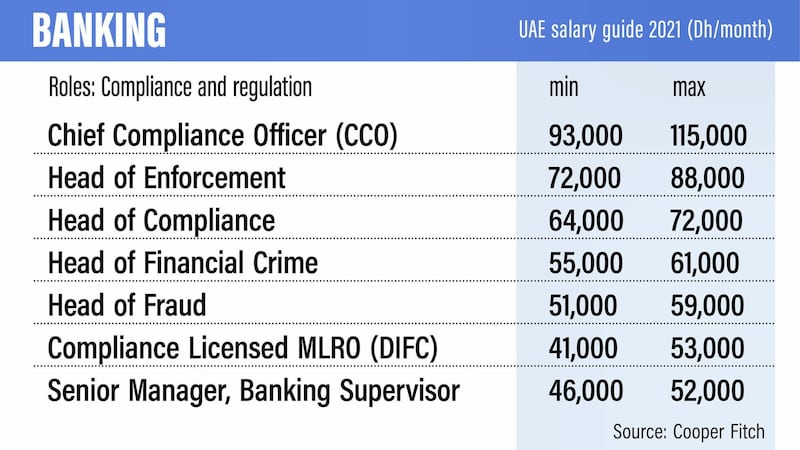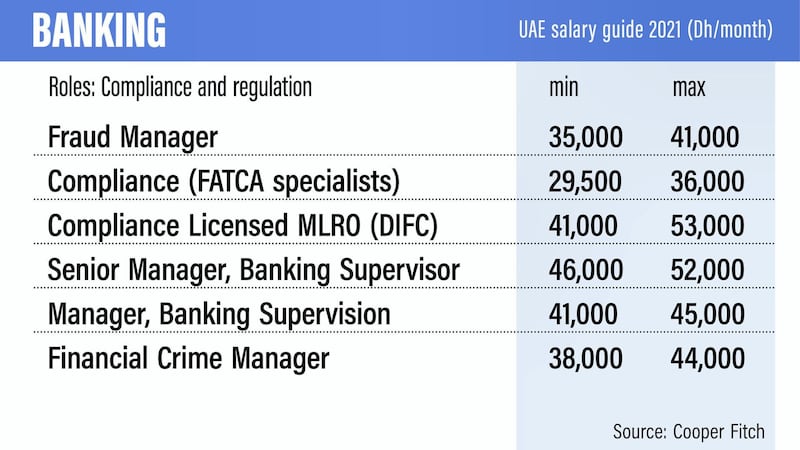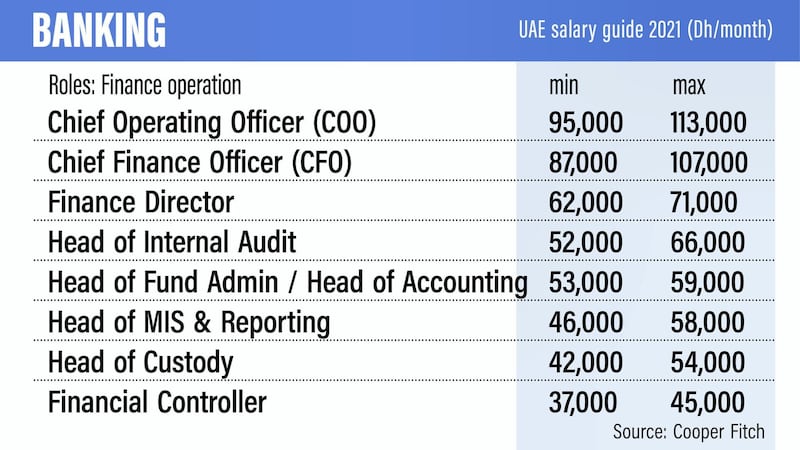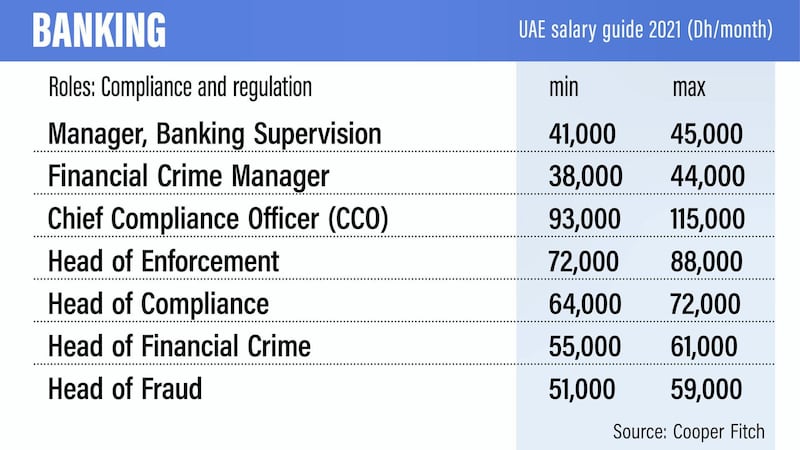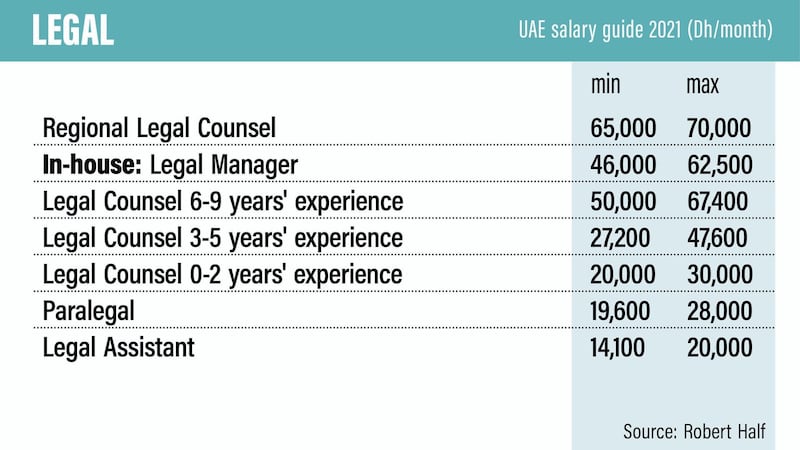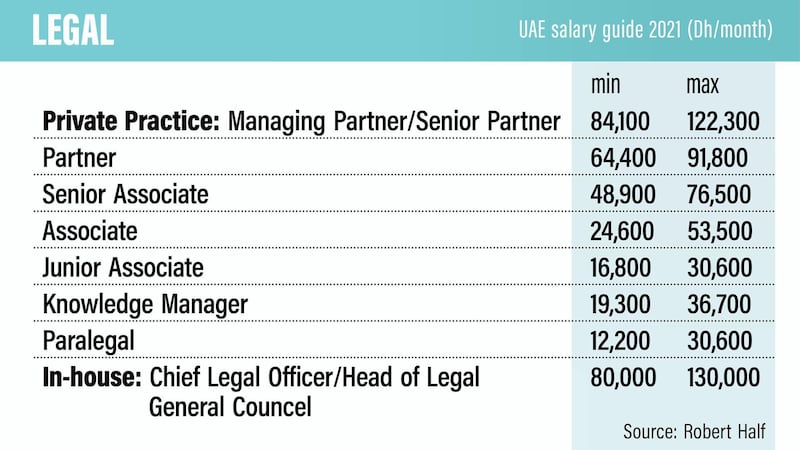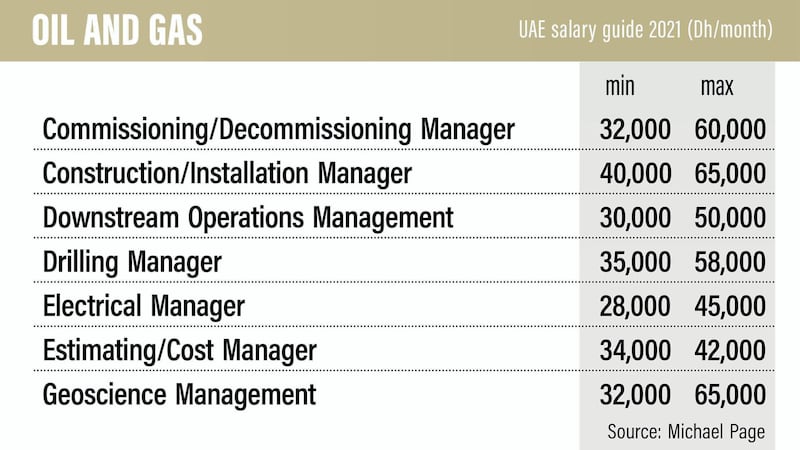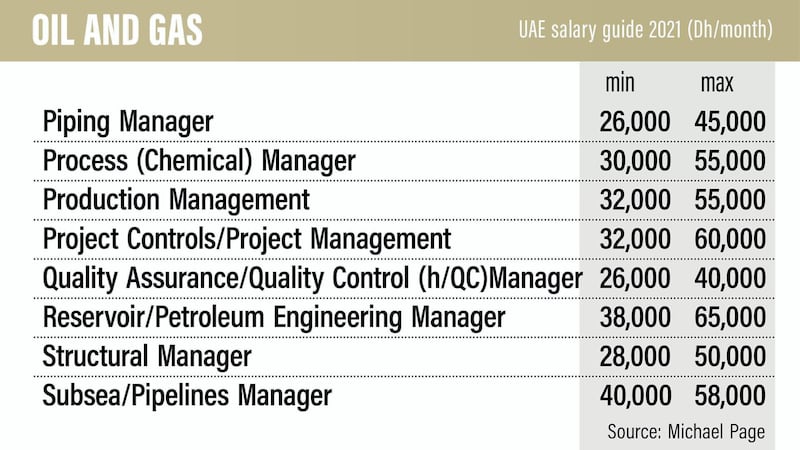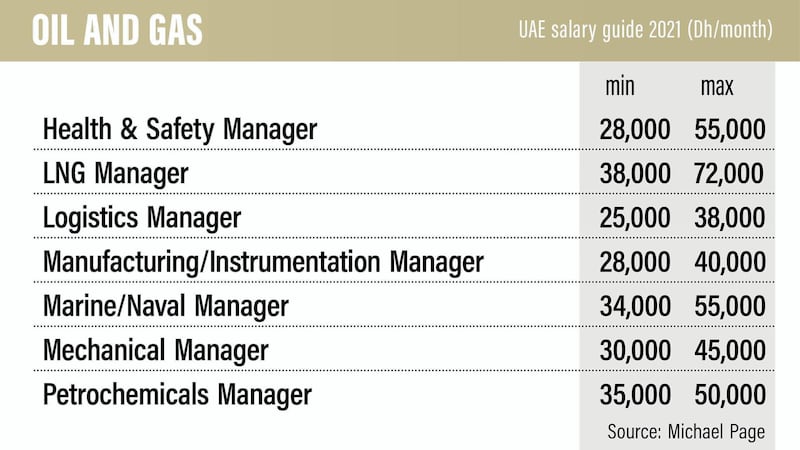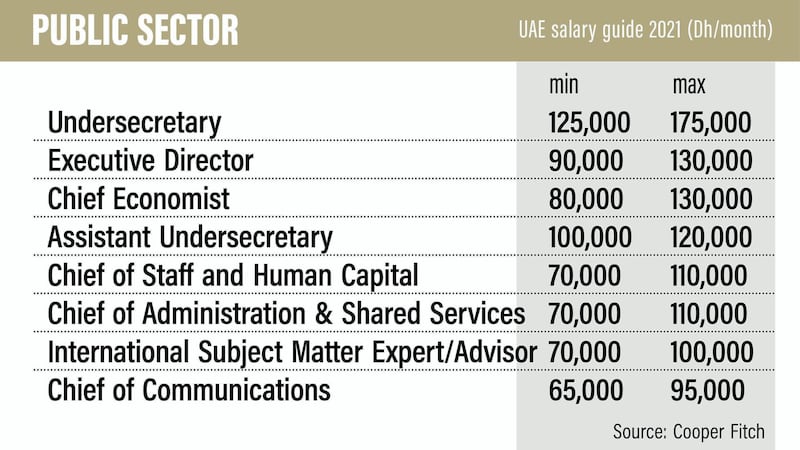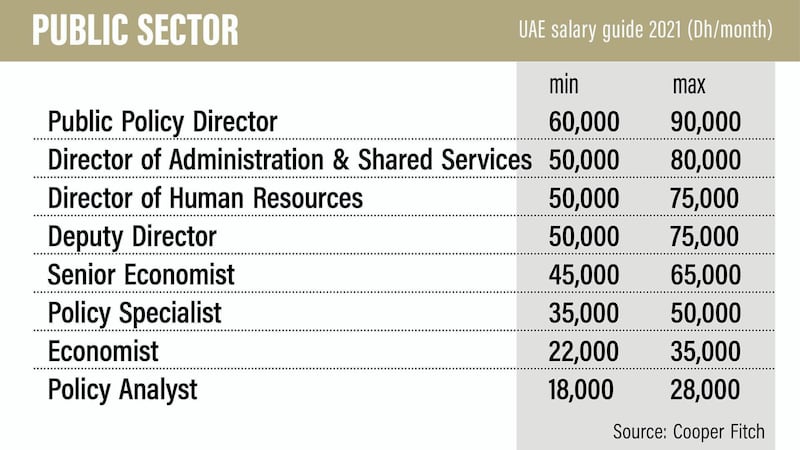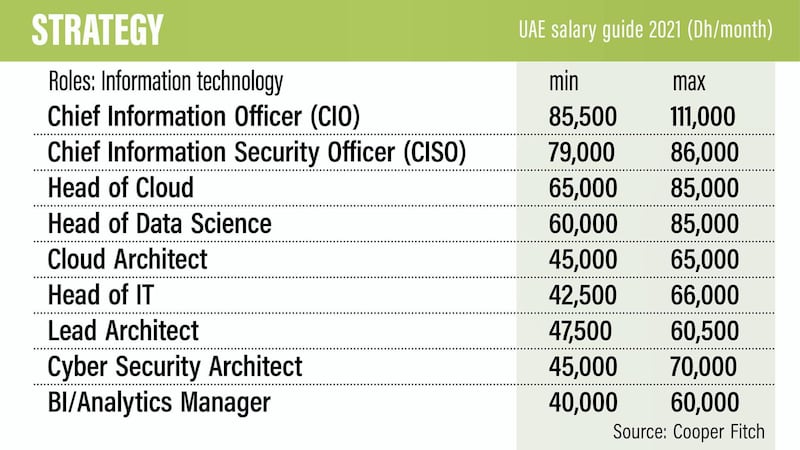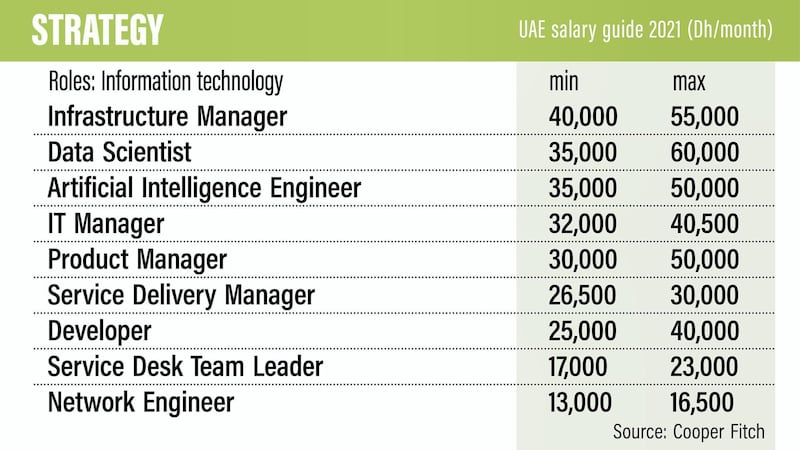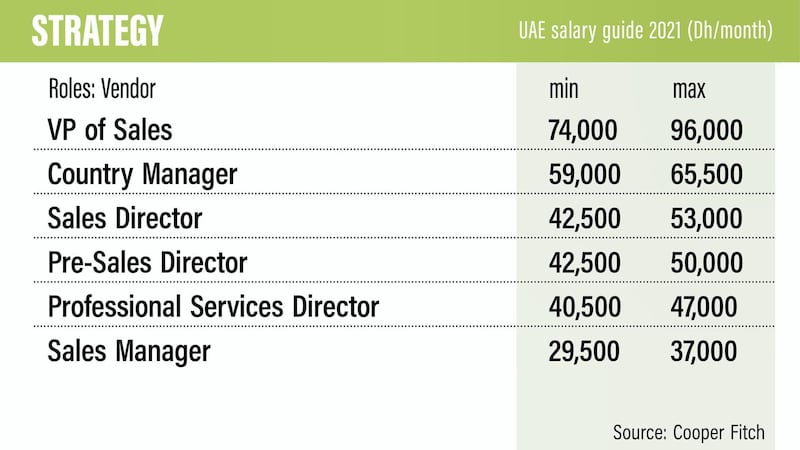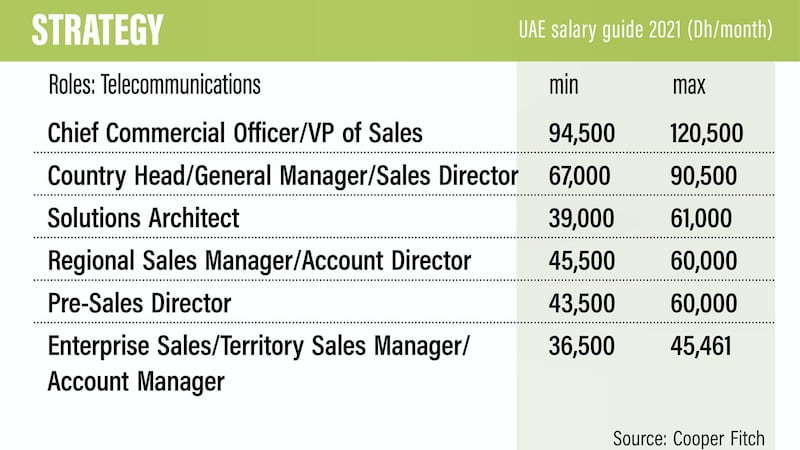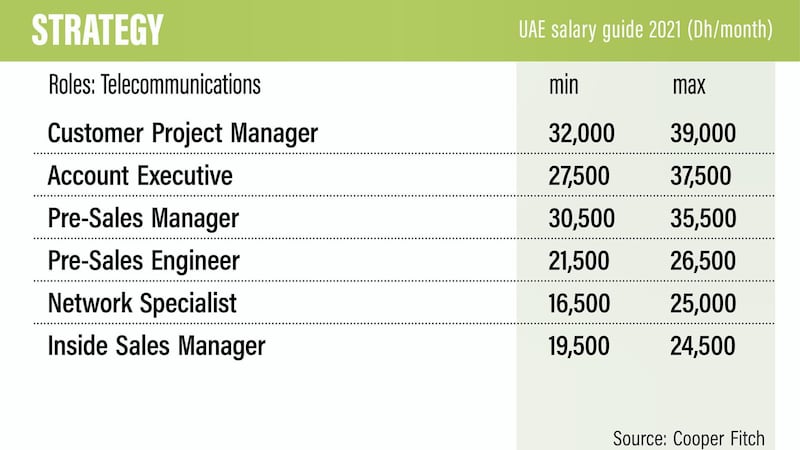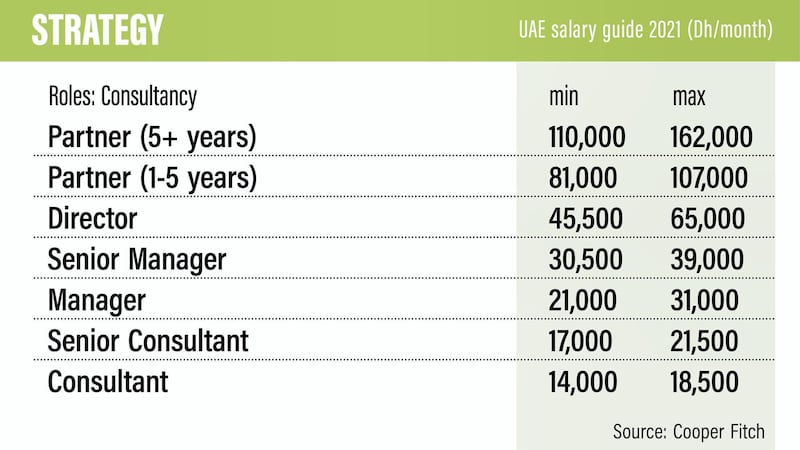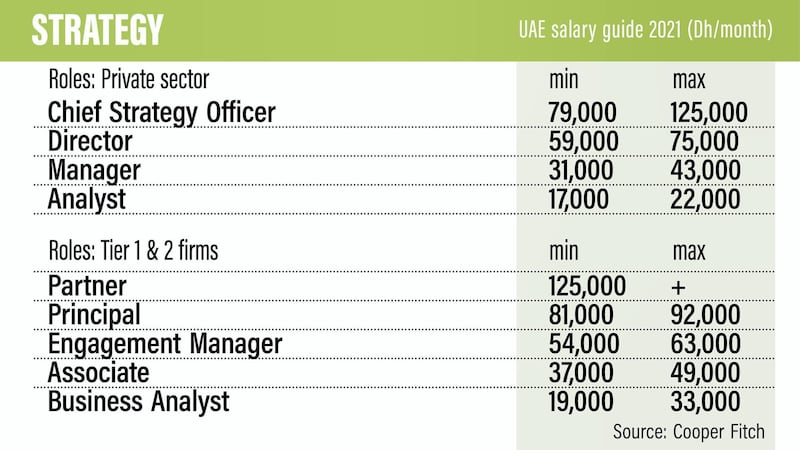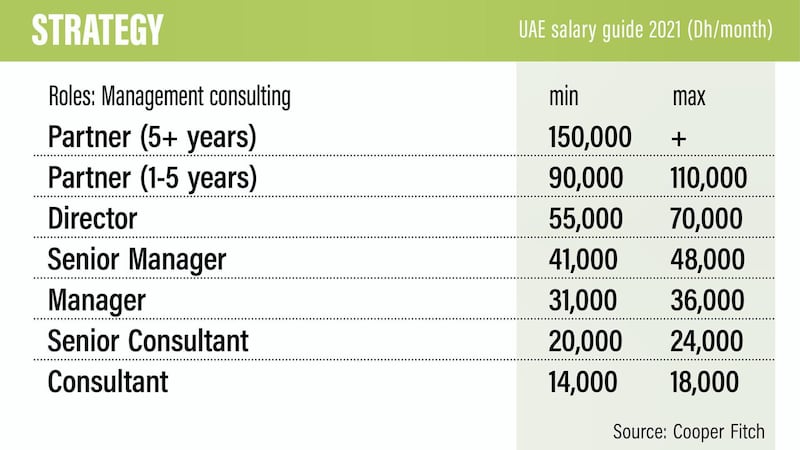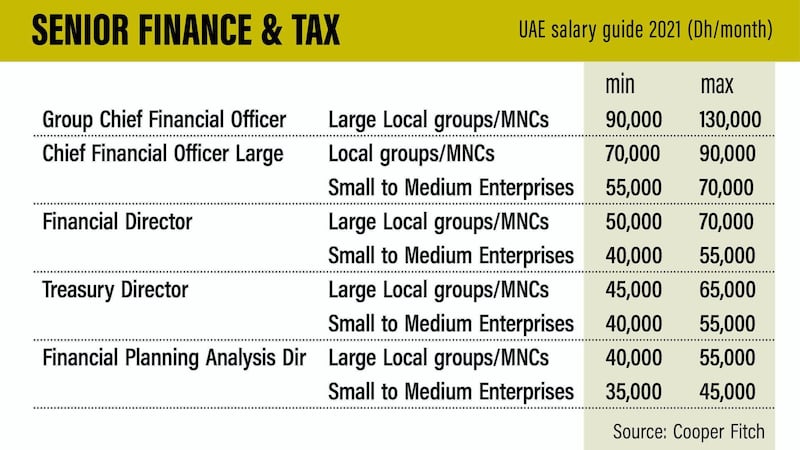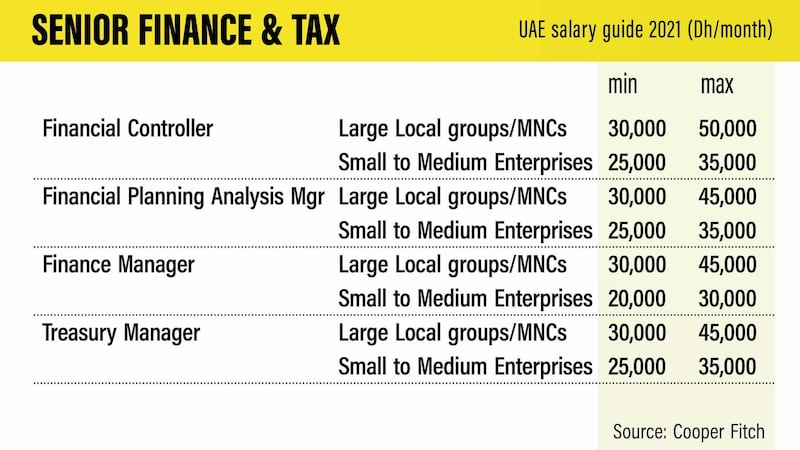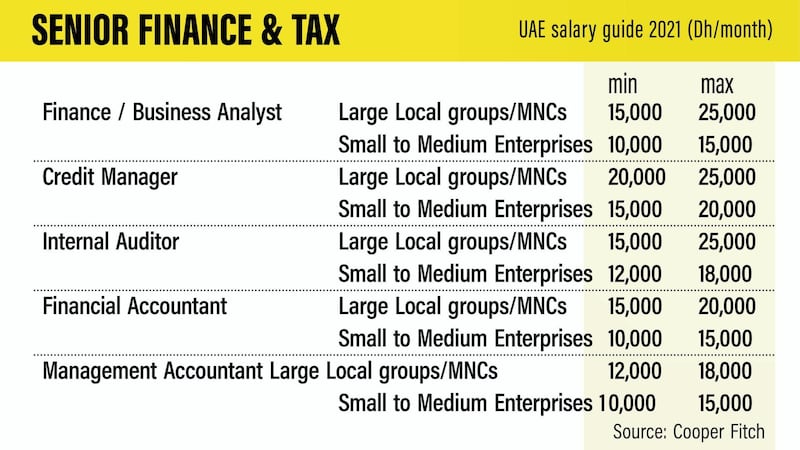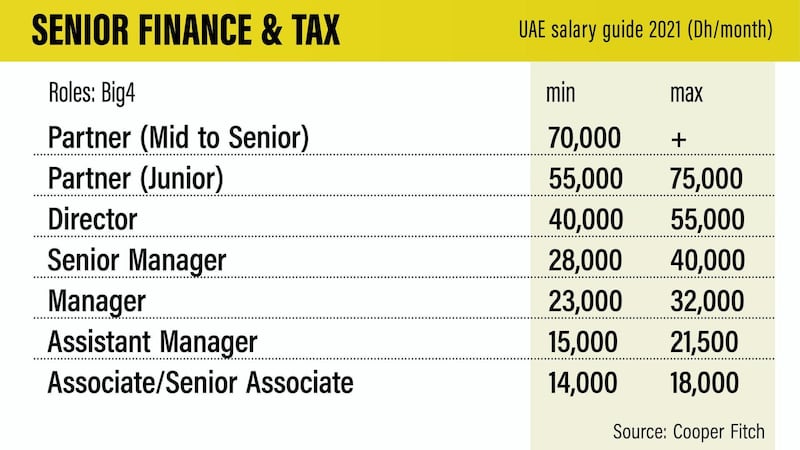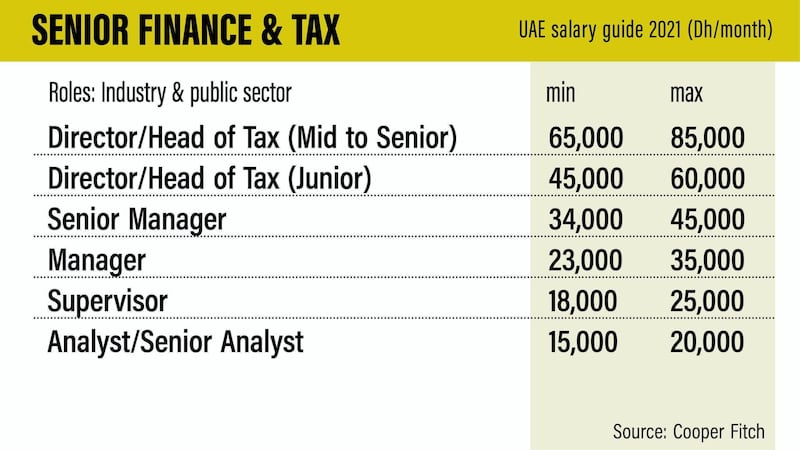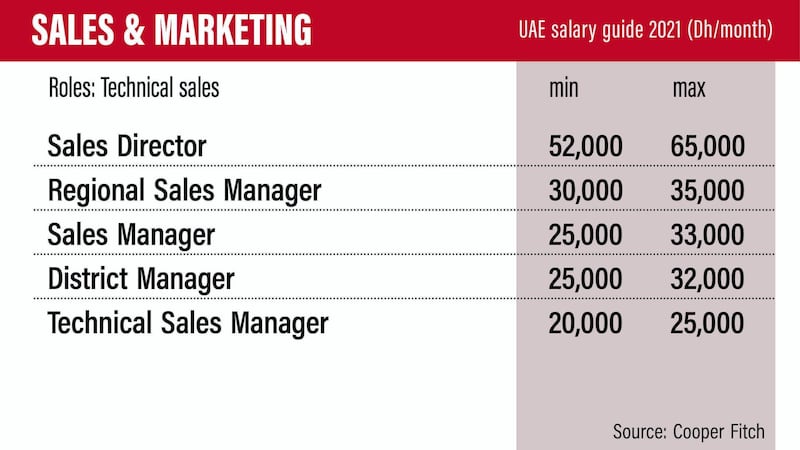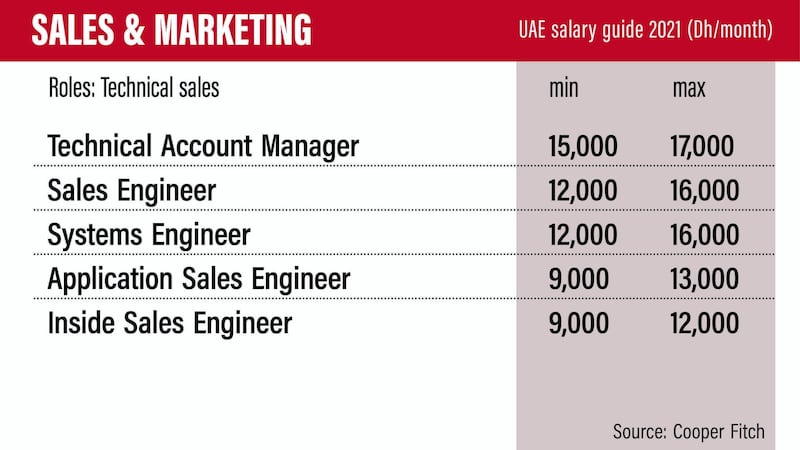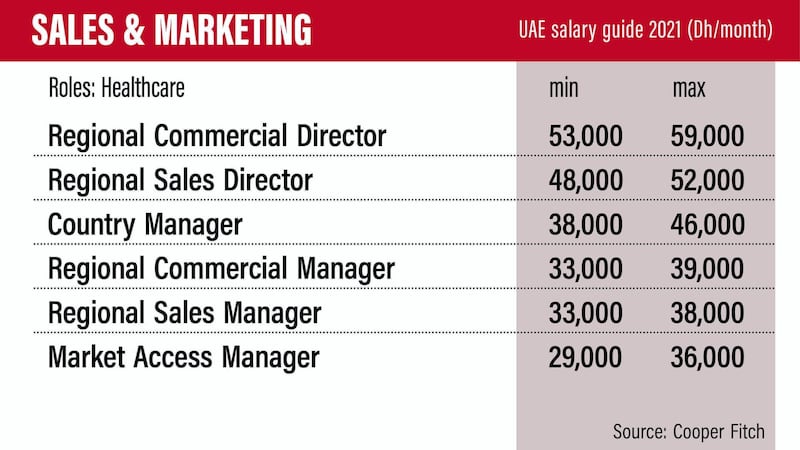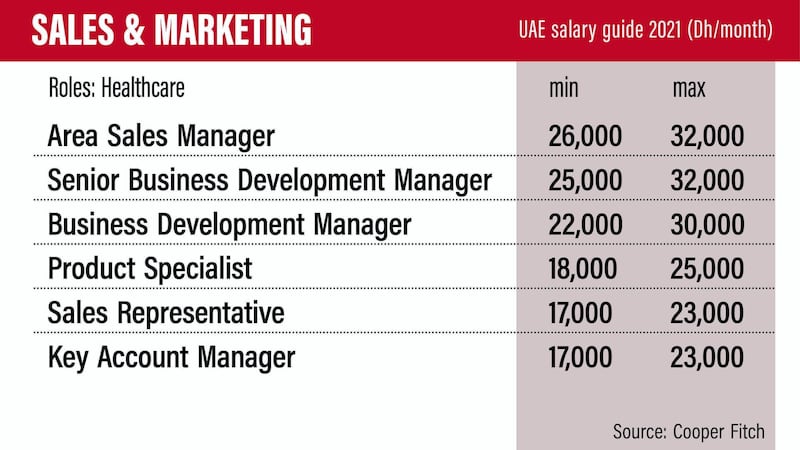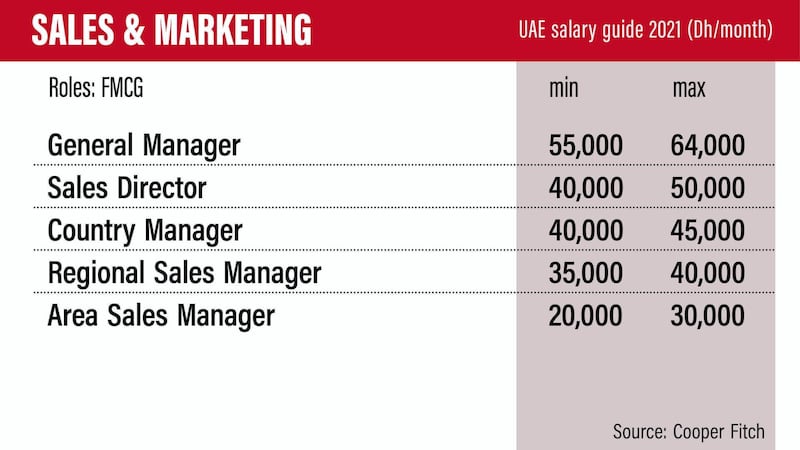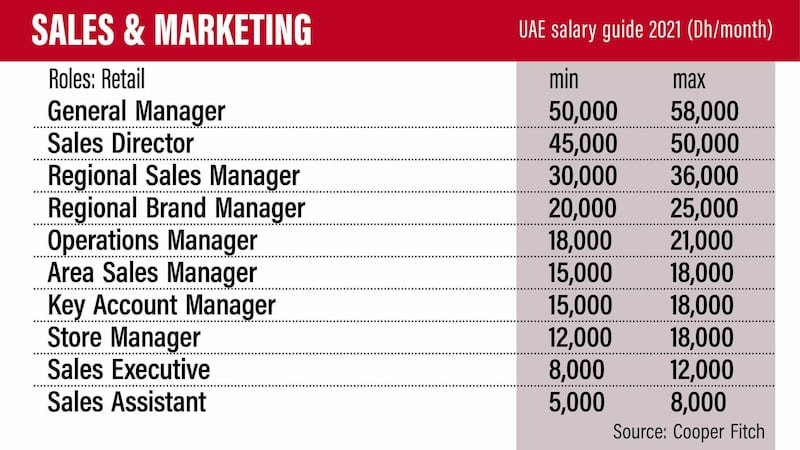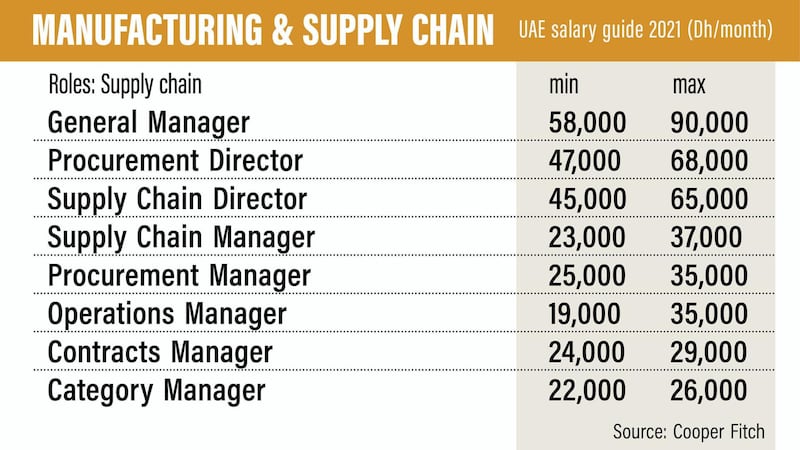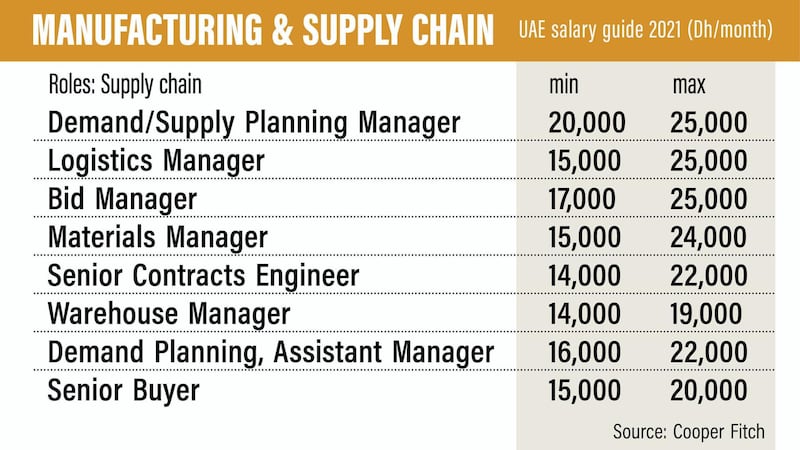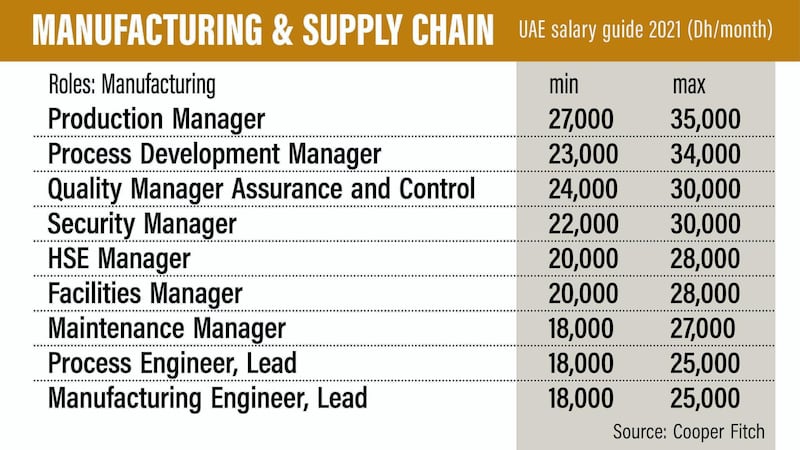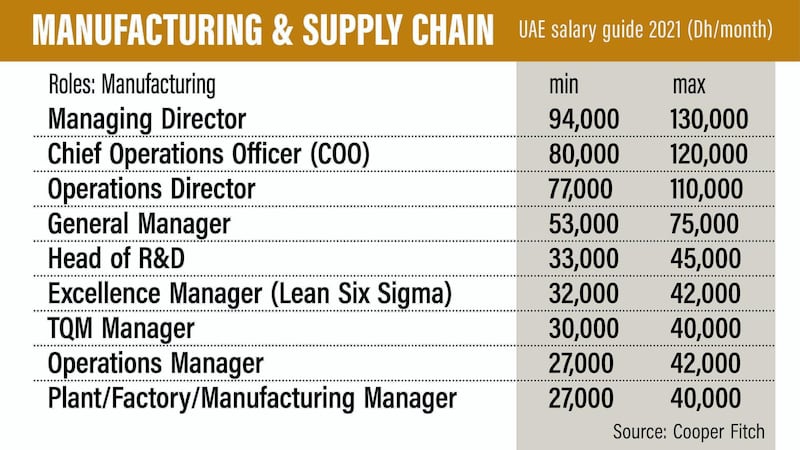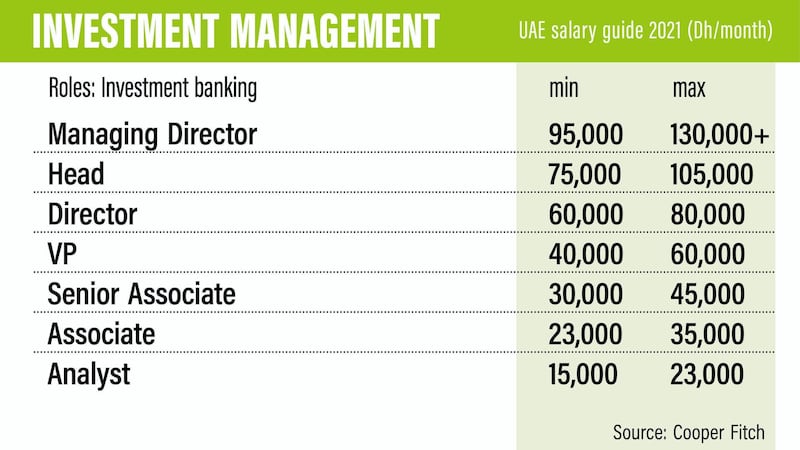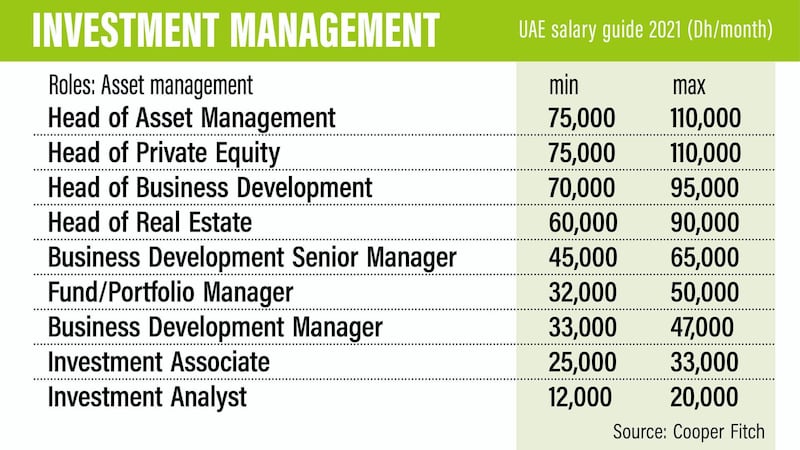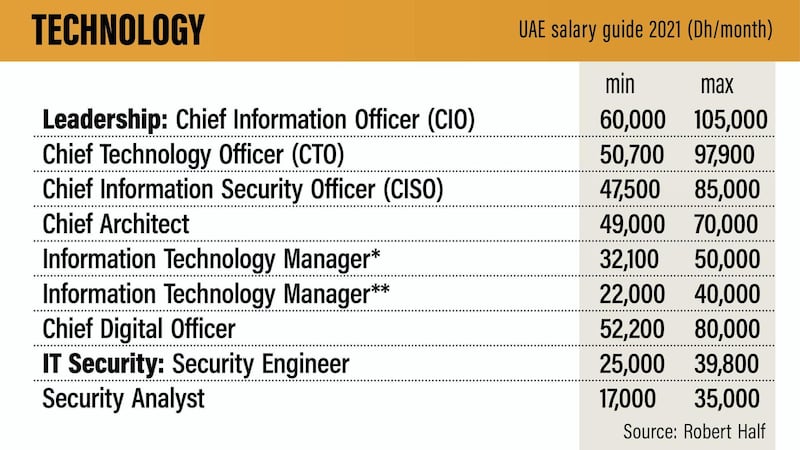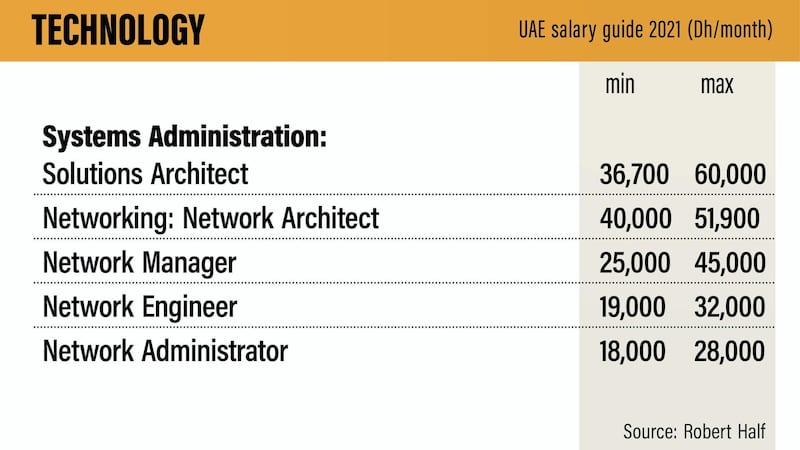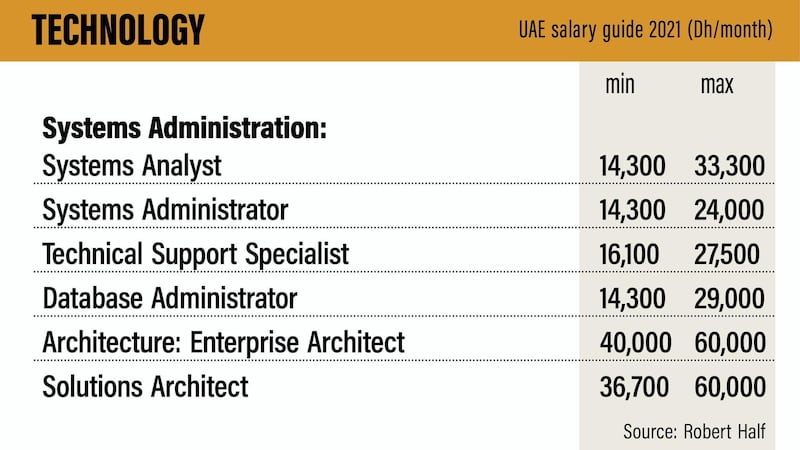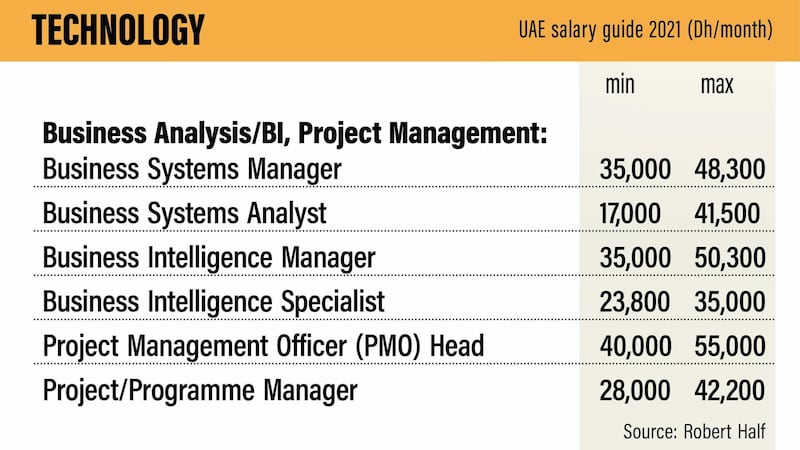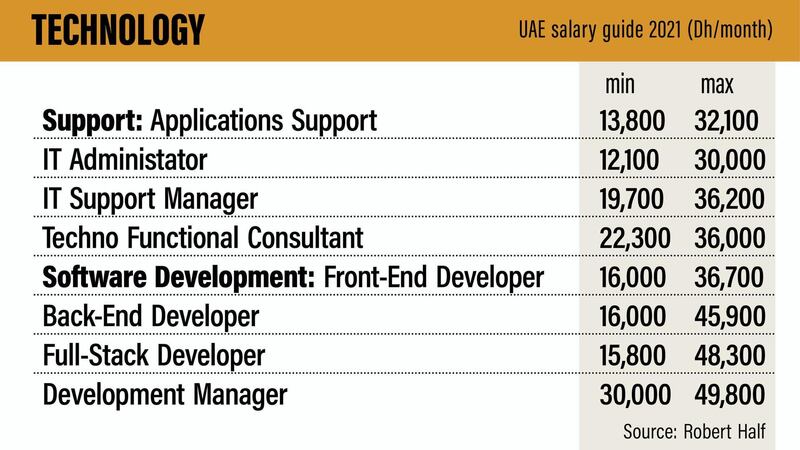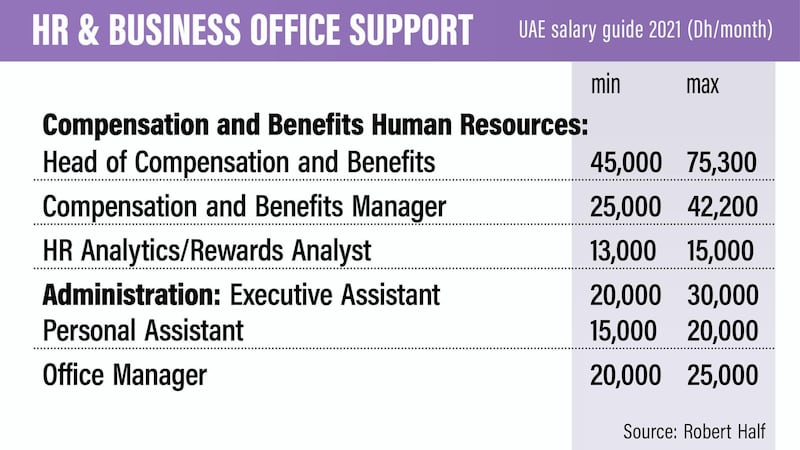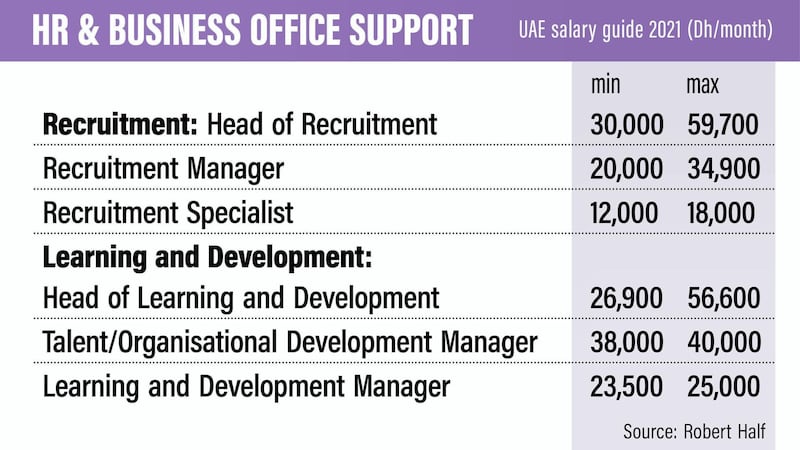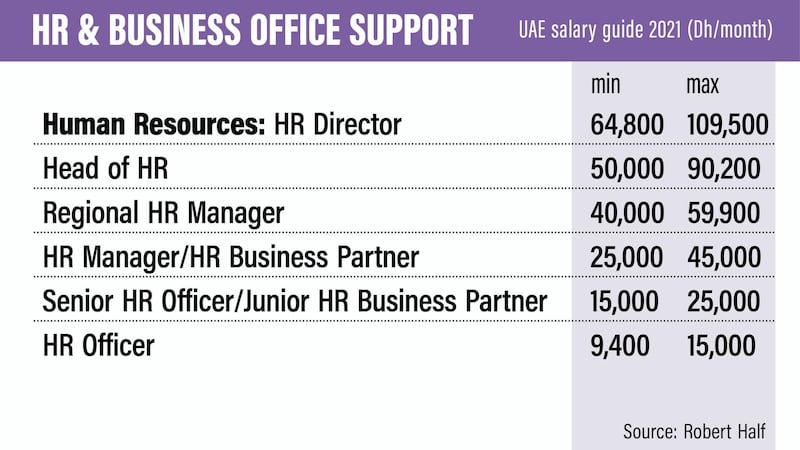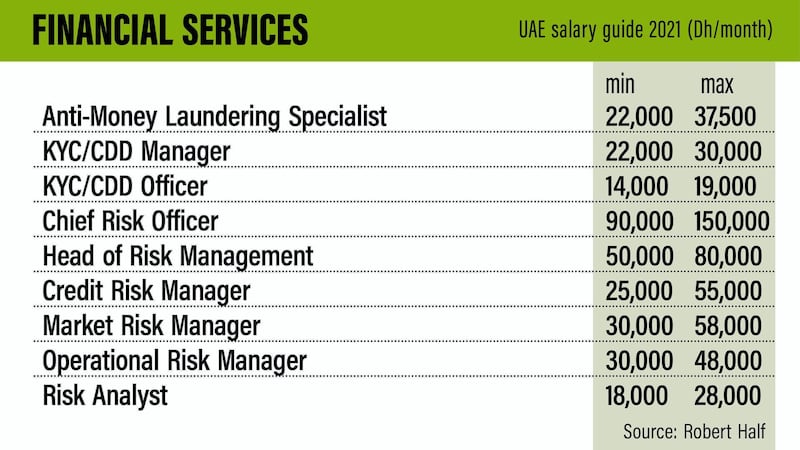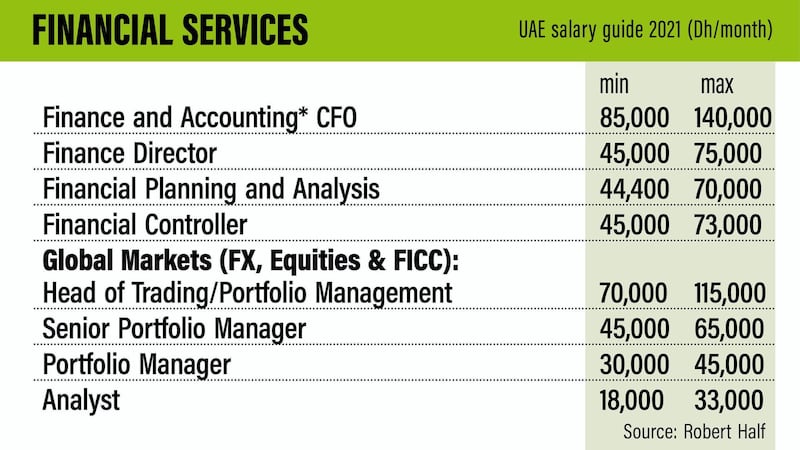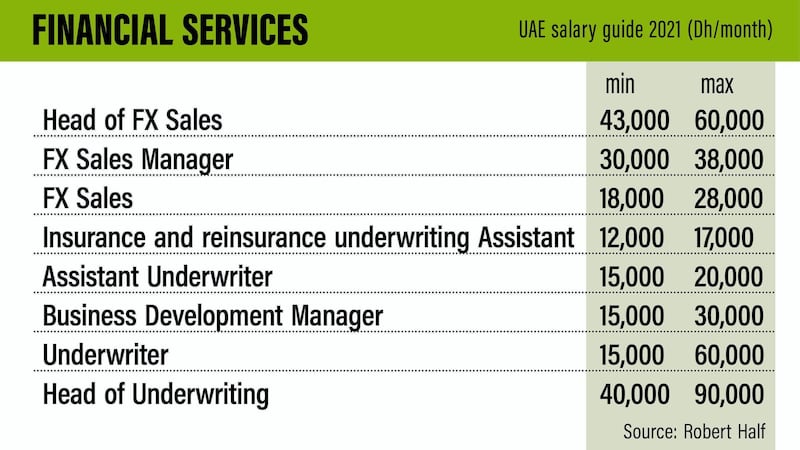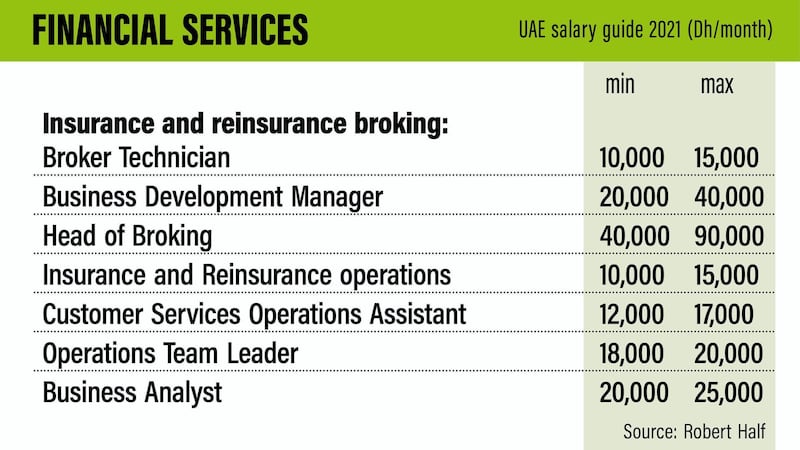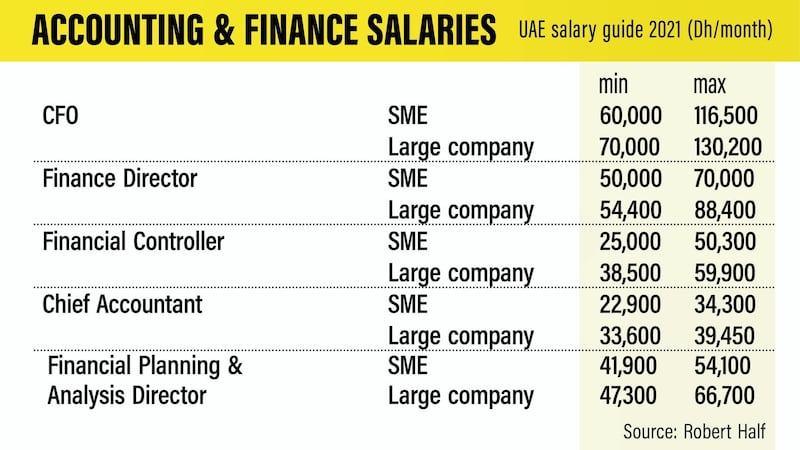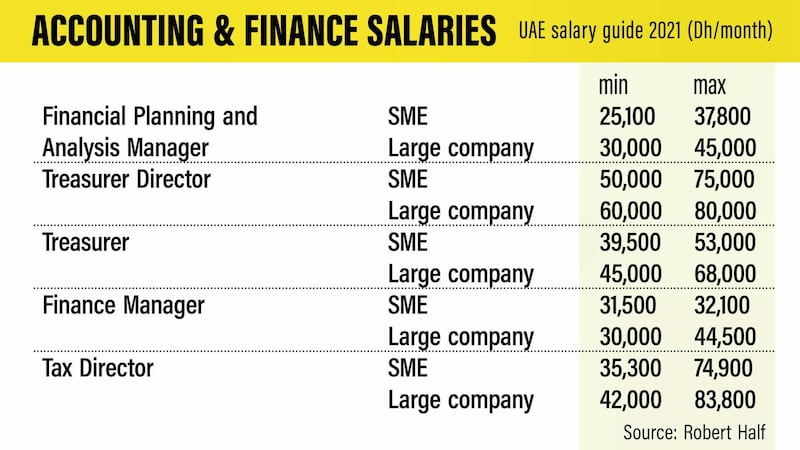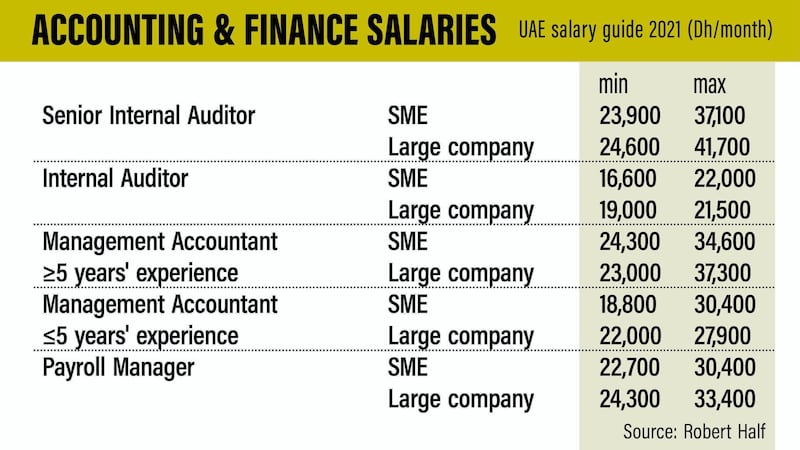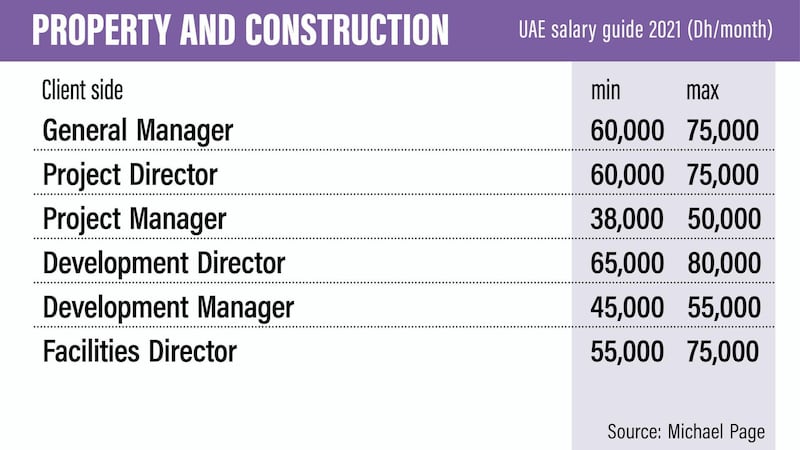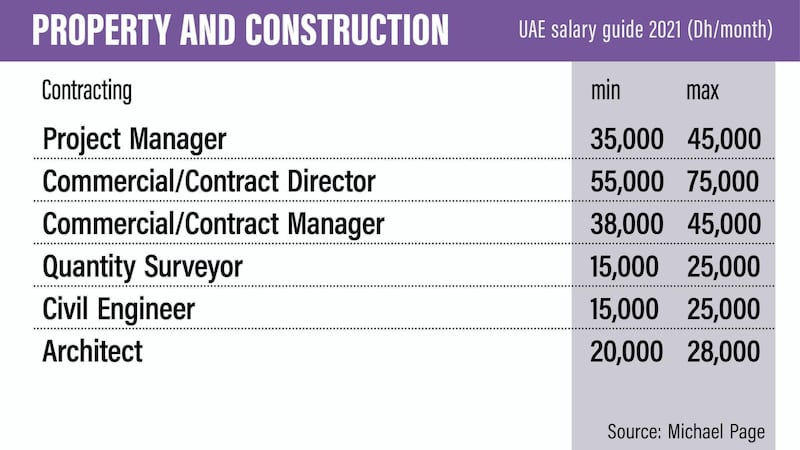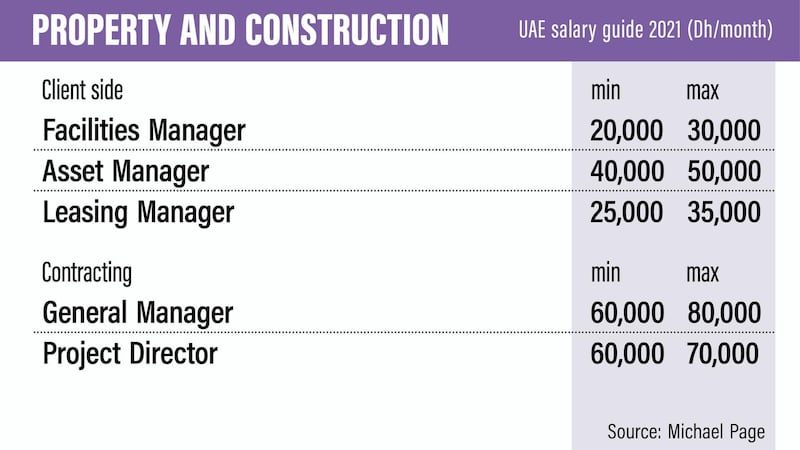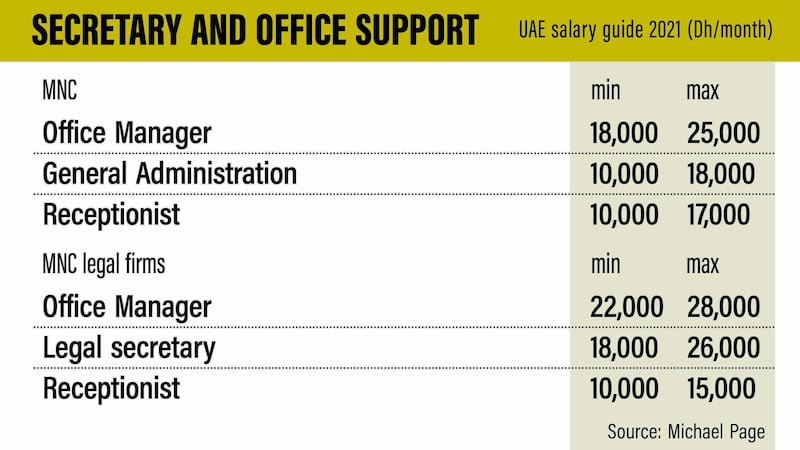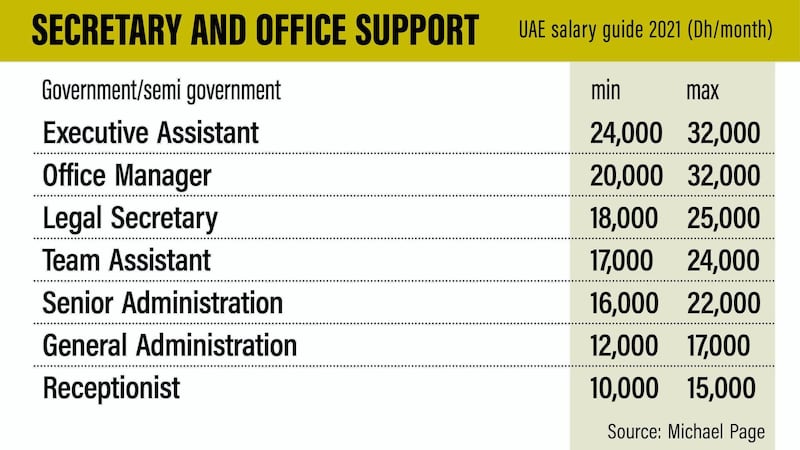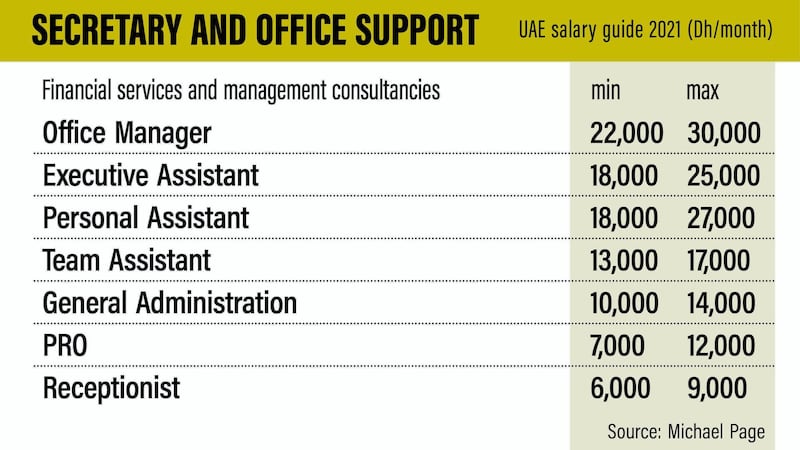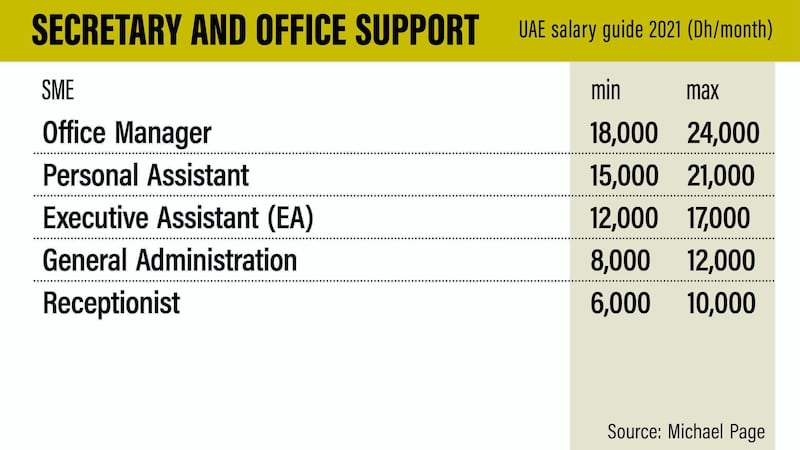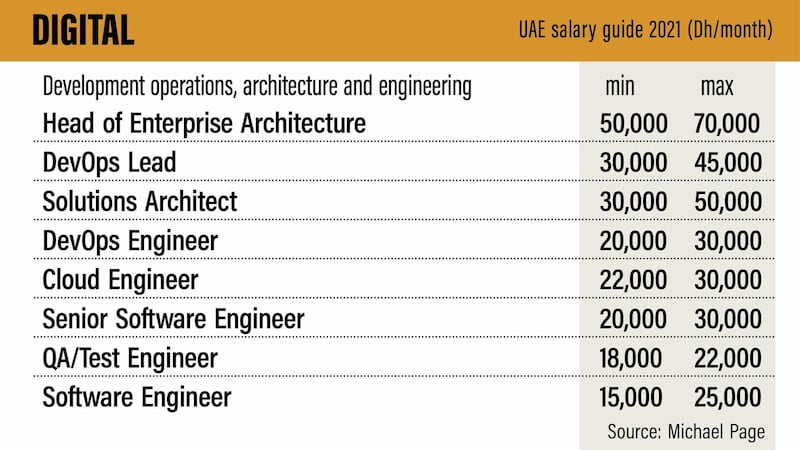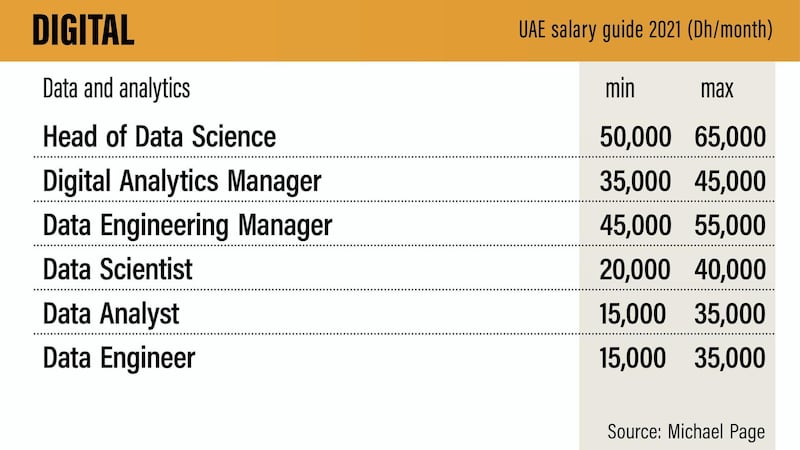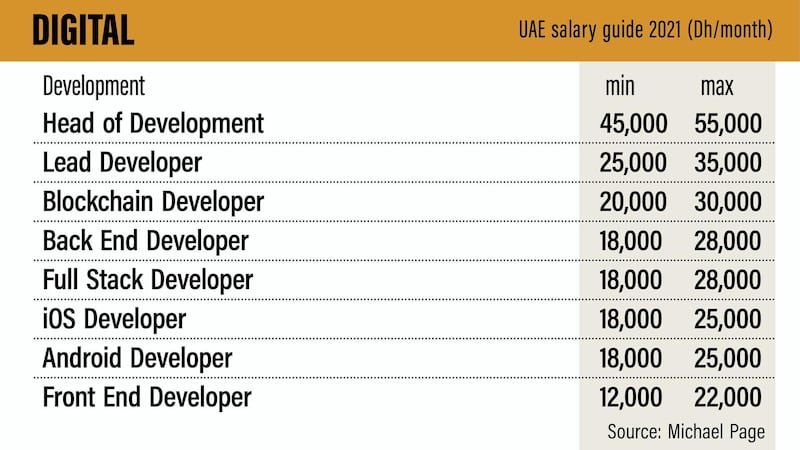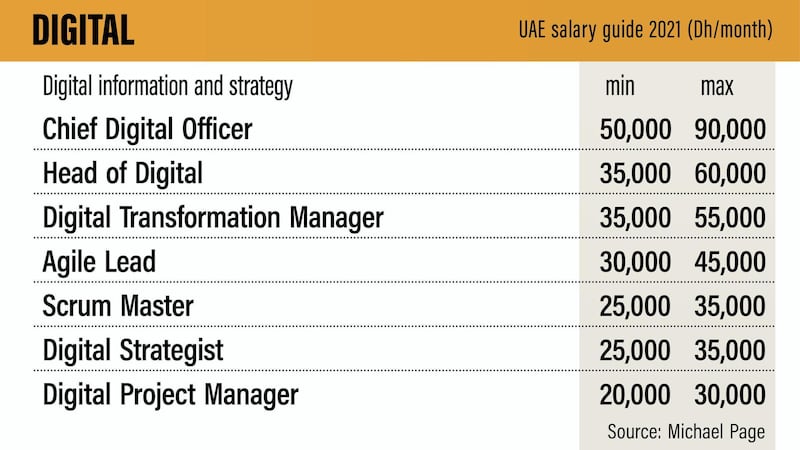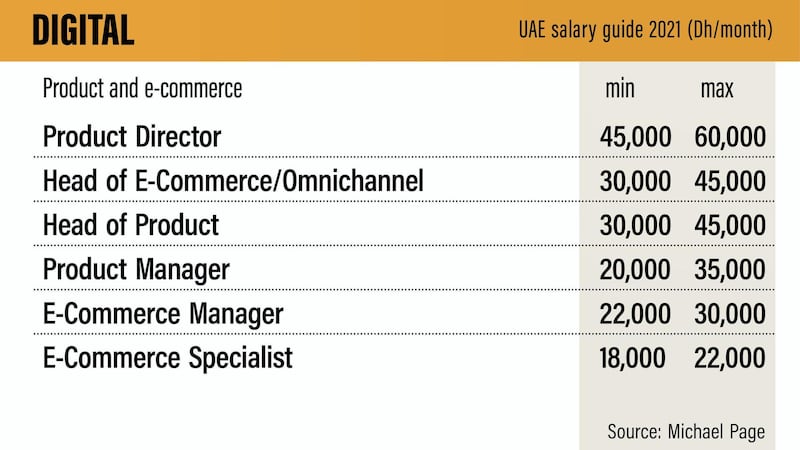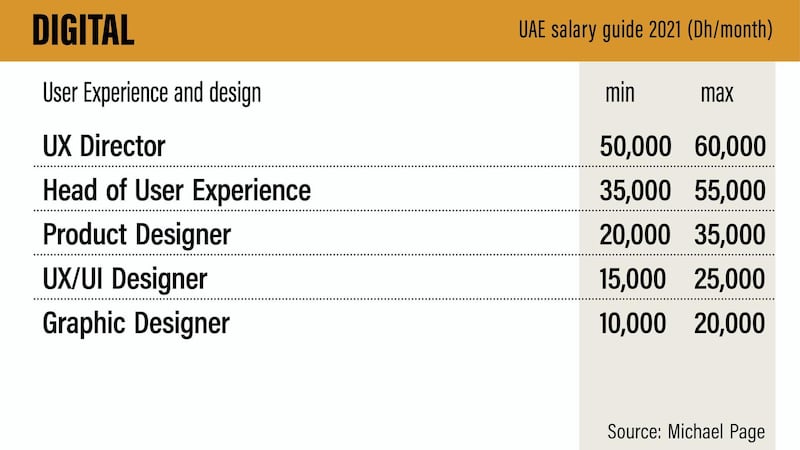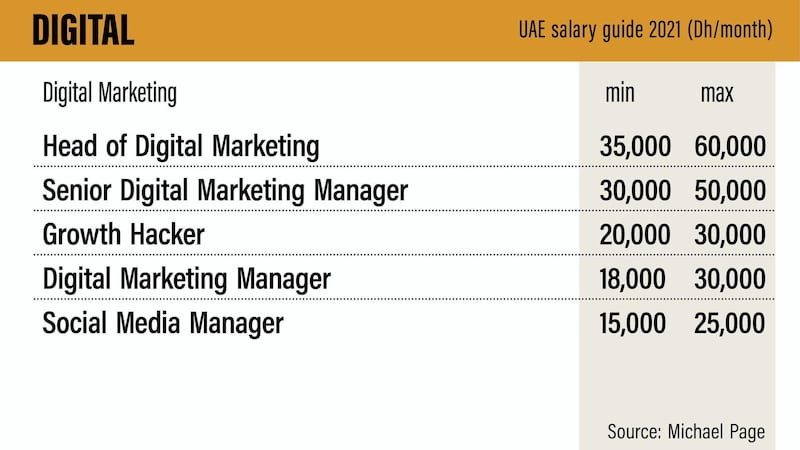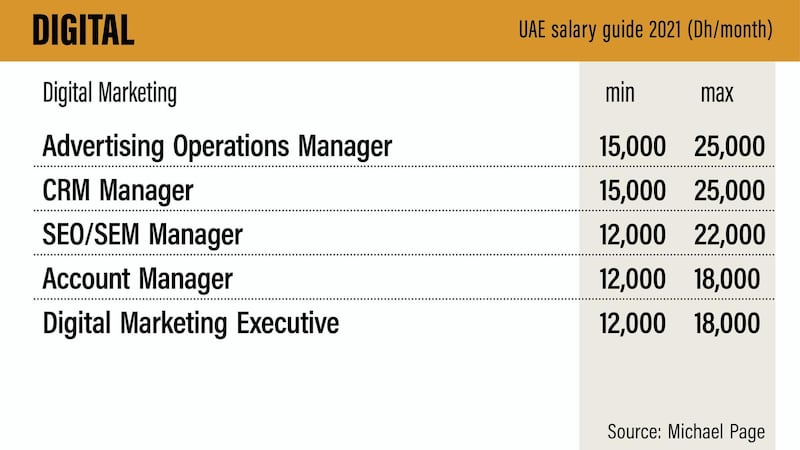The Covid-19 pandemic disrupted the jobs market globally in 2020, with many companies laying off or furloughing employees to reduce operating costs. This also had an impact on fresh graduates trying to land entry-level jobs in the middle of the pandemic, according to experts.
Aside from having to compete with experienced workers who had lost their jobs, new graduates also had to contend with limited job openings as many industries directly hit by the pandemic imposed a hiring freeze until business conditions improved. However, with economies gradually opening up around the world, the job prospects for graduates are brighter in 2021.
This also rings true for the UAE, where the top industries currently hiring fresh graduates are advertising, marketing and public relations, health care and medical services, and the military, defence and police sectors, according to the 2021 Fresh Graduates in the Middle East and North Africa survey conducted by jobs site Bayt.com and market research company YouGov.
“2020 has been a challenging year for professionals across all industries and career levels. Yet, the job market is gradually reviving,” says Ola Haddad, director of human resources at Bayt.com.
“We expect the prospects for employment to increase for all professionals in the next few months, especially for fresh graduates, as our recent survey shows that more and more companies are opening their doors to entry-level professionals.”
Computer skills (58 per cent), communication skills (49 per cent) and interpersonal/team skills (35 per cent) emerged as the most important skills required to excel in the UAE workplace, according to the survey.
Employment opportunities are also increasing in general business and finance, LinkedIn's Economic Graph data revealed.
"As the government lifts restrictions to ease economic recovery, we are witnessing increasing footfall in entertainment venues and retail organisations, leading to them once again rehiring staff to keep up with the influx of customers and visitors," Arda Atalay, head of Mena private sector at LinkedIn Talent Solutions, tells The National.
Other UAE industries currently hiring professionals at all levels include e-commerce and technology sectors such as software engineering, cyber security, web development and design, Mr Atalay adds.
“The modern workplace is now wholly dependent on digitising business operations as many employees do remote work. Businesses have realised particular competencies are essential to continue operations. So specific digital, adaptive, social and cognitive skills have gained importance,” Ms Haddad says.
Although each job may have minimum requirements, such as coursework or certifications and internship experience – companies are also interested in hiring employees who can demonstrate strength in softer skills such as analytics, project management, marketing, time management and customer service, LinkedIn’s Mr Atalay says.
We spoke to recruitment experts in top industries hiring fresh graduates in the UAE about what skills are most in-demand, the type of entry-level jobs available and compensation packages offered.
Medical/healthcare jobs
The Covid-19 pandemic put the spotlight on the global healthcare and pharmaceuticals industry, leading to increasing demand for such professionals.
The GCC pharmaceuticals and medical device sectors are enjoying strong growth, which means there are job opportunities available for fresh graduates, according to Rudy Bier, managing partner of Kinetic Business Solutions, which sources professionals for this sector.
“The Covid-19 pandemic has hit the sector in different ways: some of the sub-sectors, such as medical devices for elective surgeries, have been negatively affected as all of these were put on hold. However, in-vitro diagnostic, lab and ICU areas of the business have seen a positive growth due to the pandemic and its increased demands,” Mr Bier says.
Typically, graduates are hired for roles as product/sales specialists (marketing/sales), biomedical engineers, regulatory affairs, business support (HR/accounting), clinical research and pharmacovigilance associates in these industries, Mr Bier says.
The salaries vary depending on the size of the company and type, whether it’s a multi-national player or a locally owned distributor. However, as standard, a graduate product/sales specialist can expect a starting salary from Dh8,000 ($2,178) to Dh14,000 a month, which includes basic salary, housing and transport plus a bonus or commission.
Meanwhile, regulatory affairs and pharmacovigilance associates can expect upwards of Dh8,000 a month, which includes basic salary, housing and transport, according to data from Kinetic Business Solutions.
“Besides a flexible working model, which has been adapted by the majority of our pharmaceutical and medical devices clients, candidates can expect annual flight allowances, excellent bonus packages and/or commission and, in some cases, car and housing allowances,” Mr Bier says.
Employers in these industries are seeking graduates with excellent communication skills, dedication, a great attitude and willingness to learn. They should also continue to increase their value through education – this will open up opportunities for promotions within the organisation, Mr Bier says.
Technology jobs
The Covid-19 pandemic accelerated the need for businesses globally to digitise operations, resulting in increased demand for technology professionals.
“Software engineering and user experience design/user interface design companies are currently offering internships for fresh graduates and even individuals who have no formal qualifications,” says Bradley Maasdorp, DevOps and cloud lead (permanent recruitment) at AIQU Search, a division of TASC Outsourcing that focuses on technology recruitments.
Although salaries vary from company to company, the most commonly offered perks for interns in these industries include a visa, medical insurance, 12-month internship that pays Dh1,000 per month and then an offer of full-time employment to successful graduates, Mr Maasdorp says.
Those who have more than two years of commercial technology experience can expect to be paid a salary in the region of Dh8,000 to Dh12,000, he says.
“The most sought-after skill sets for entry-level jobs are software engineering and design. Companies are most interested in the willingness to learn and individuals who have a ‘can do’ attitude,” he says.
Fresh tech graduates are advised to be active on LinkedIn, research various technology sectors in the Middle East and North Africa and Gulf regions and find an industry that aligns with their career aspirations.
“Connect with decision makers in those companies and engage with them. We are all human and there is no hierarchy in humanity,” Mr Maasdorp adds.
SME jobs
More than 400,000 small and medium-sized enterprises currently operate in the UAE. They represent more than 60 per cent of the UAE’s non-oil economy and provide employment opportunities for 86 per cent of the workforce in the private sector, according to the Khalifa Fund.
“There are a lot of entry-level opportunities for those interested in sales,” says Ben Kinerman Daltrey, co-founder of KinFitz, a sales recruitment, training and coaching business that works with start-ups and SMEs. “Many start-ups in the region seek to recruit talented entry-level sales professionals with an open mind, positive attitude and a hunger to learn and grow.”
They also look for initiative, enthusiasm, motivation and humility, he adds.
There are also many opportunities for technology professionals in all technology areas, and there is a shortage of qualified people to fill these roles, Mr Kinerman says.
Anyone interested in entering the tech industry can sign up for affordable bootcamps and platforms to learn coding languages.
Although salaries at SMEs and start-ups can vary depending on the opportunity, he advises fresh graduates or entry-level employees to look at the growth opportunities and learning they can get from the business rather than focusing too closely on salary from day one.
“Have a look at other graduates who joined the company. Where are they now? How long did it take them to progress? What skills have they learned? Use that as a gauge for an opportunity. I would consider your first job as an extension to university. It is important to find an environment you can continue to grow,” he says.
Fresh graduates will often take on multiple roles and responsibilities, offering them plenty of learning and growth opportunities. “The skills you learn from wearing numerous hats will allow you to progress quickly in your career,” Mr Kinerman says.
Working for a start-up usually means that fresh graduates are part of a small team, allowing them to work alongside leaders, which also boosts their career development, according to Mr Kinerman.
“Start-ups with small teams usually offer great flexibility. They focus on the overall impact of the employee as opposed to their sign-on and off times,” he adds.




